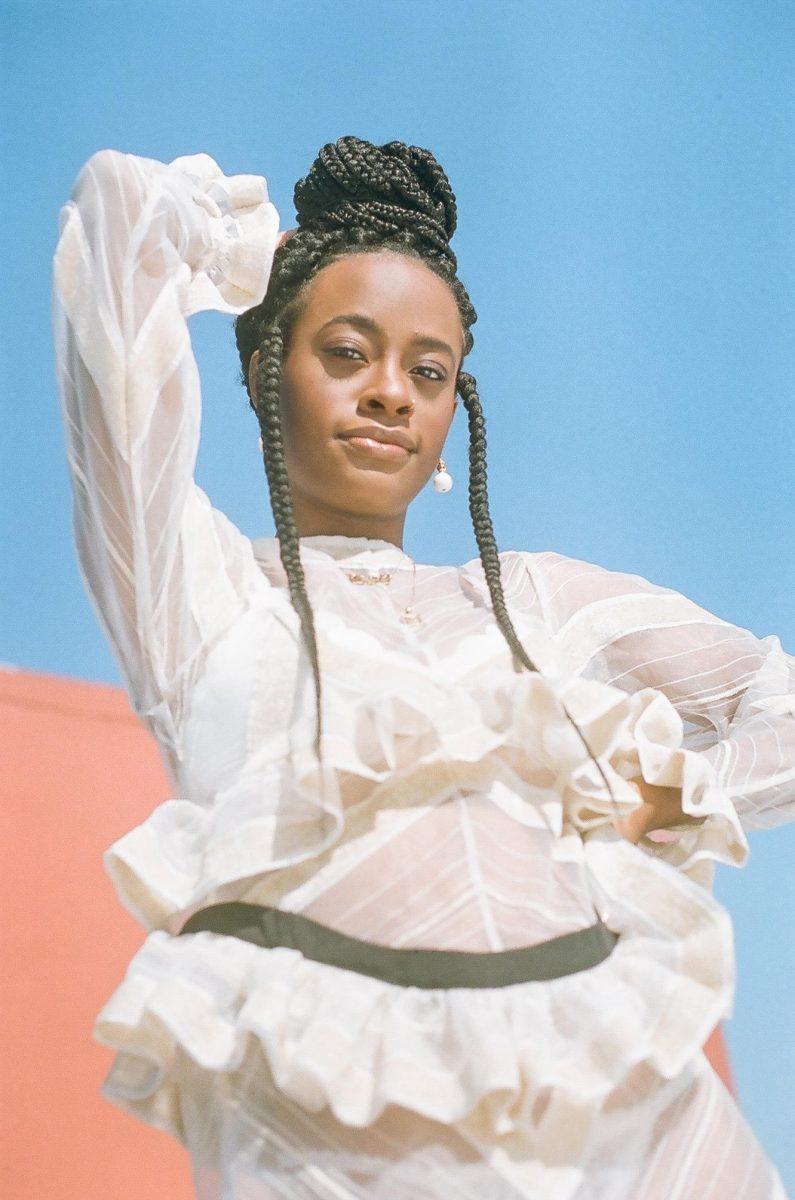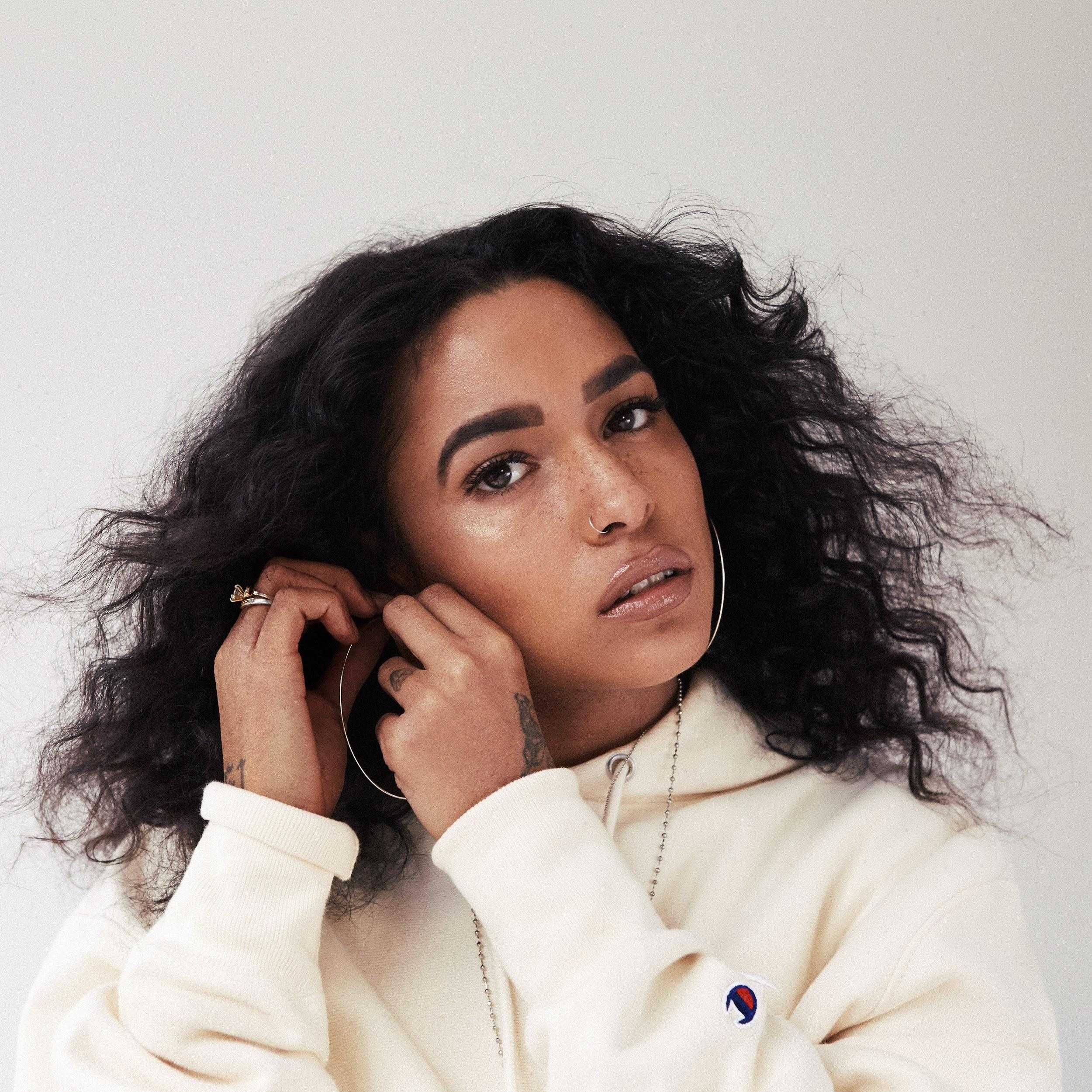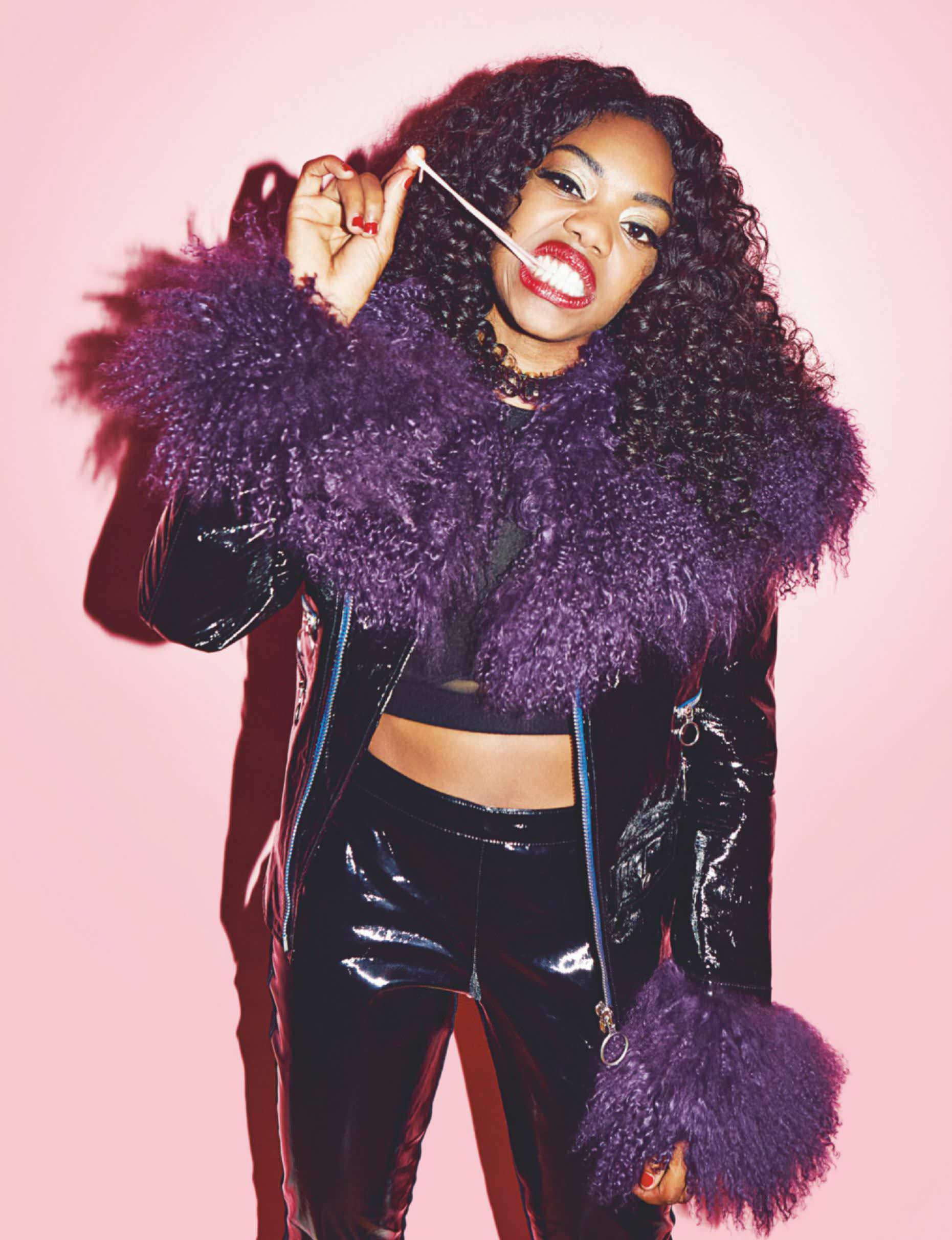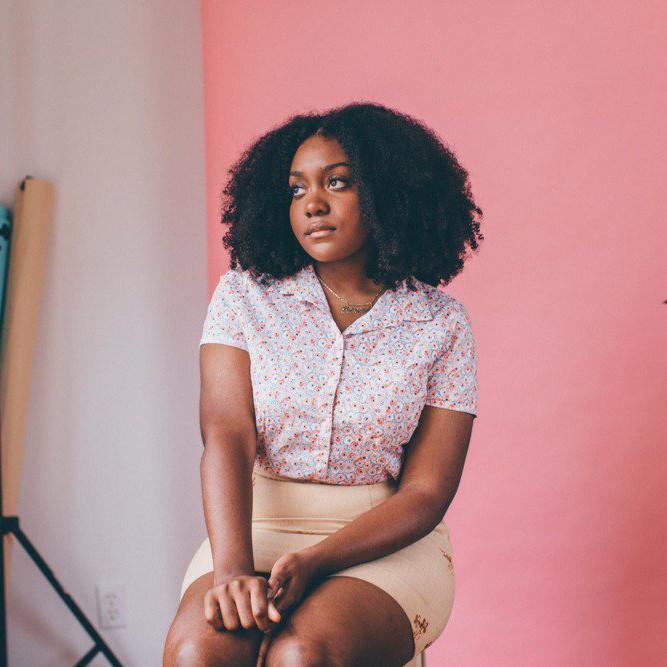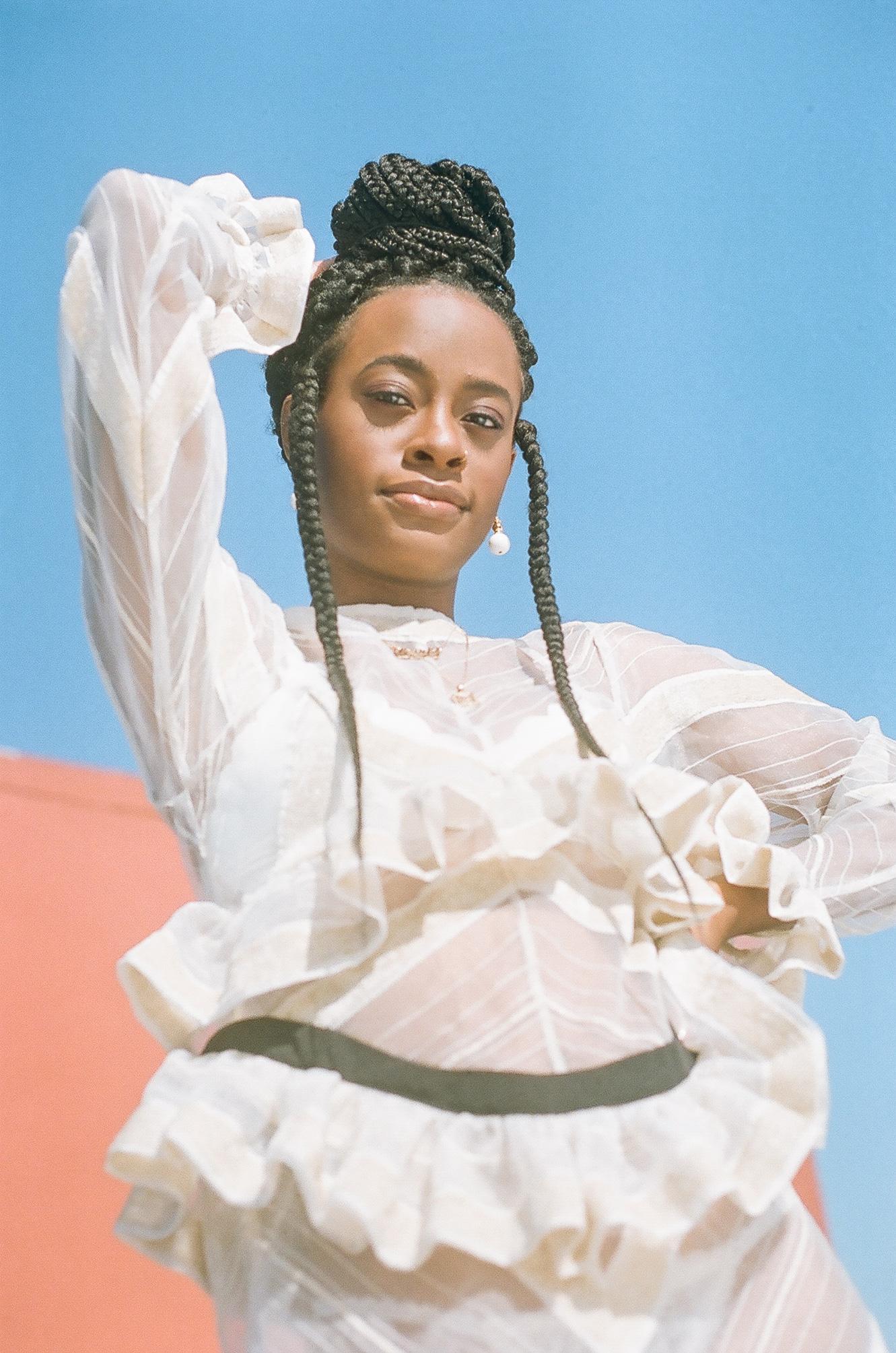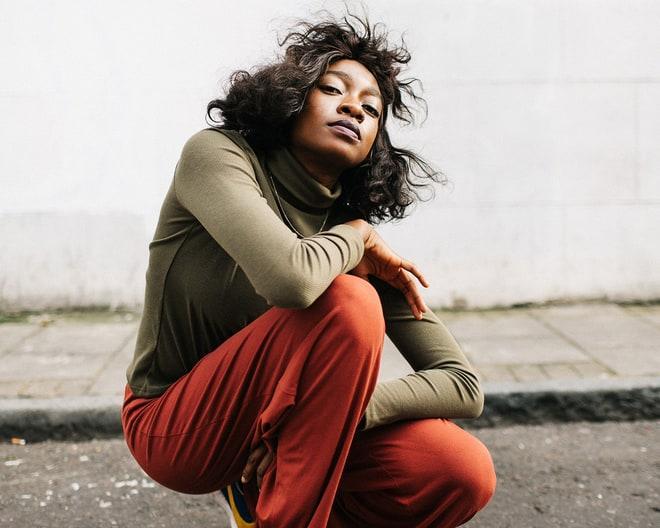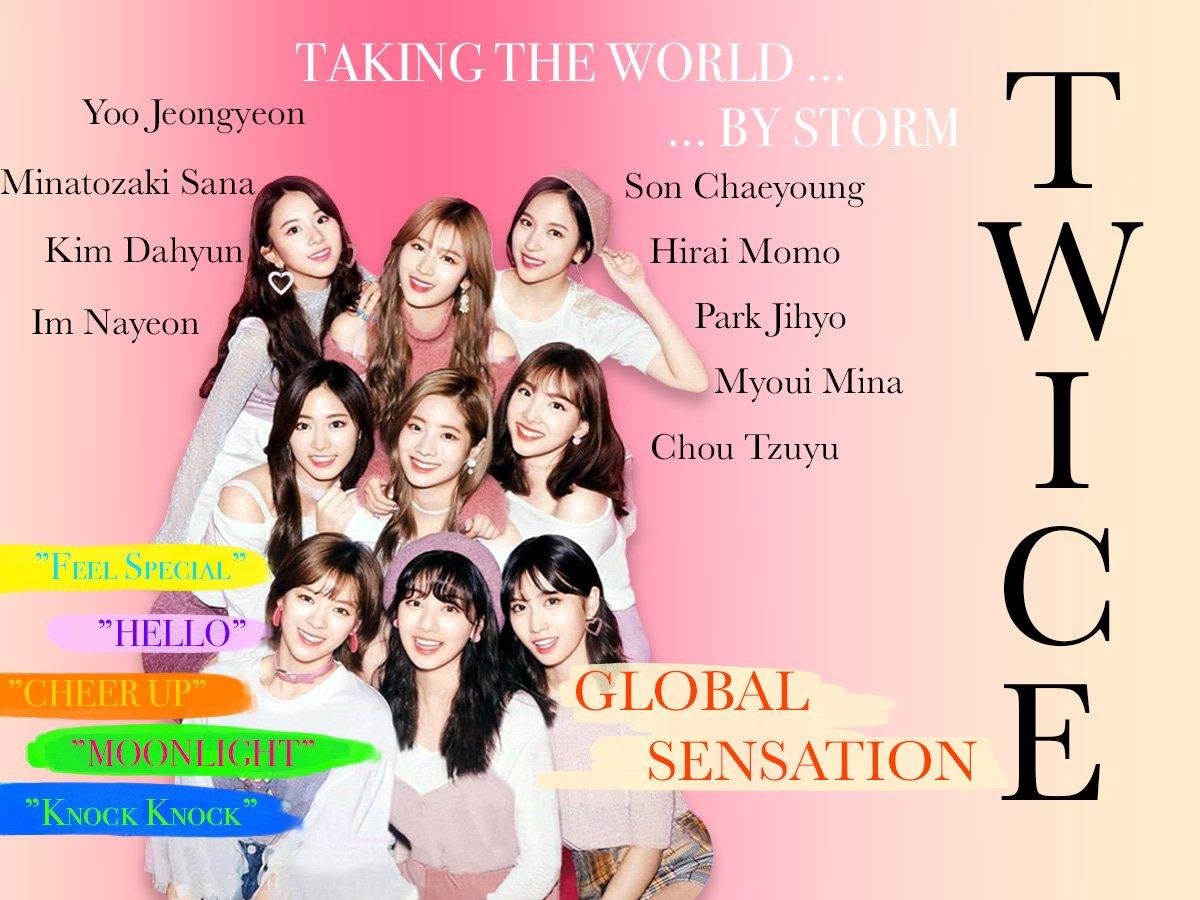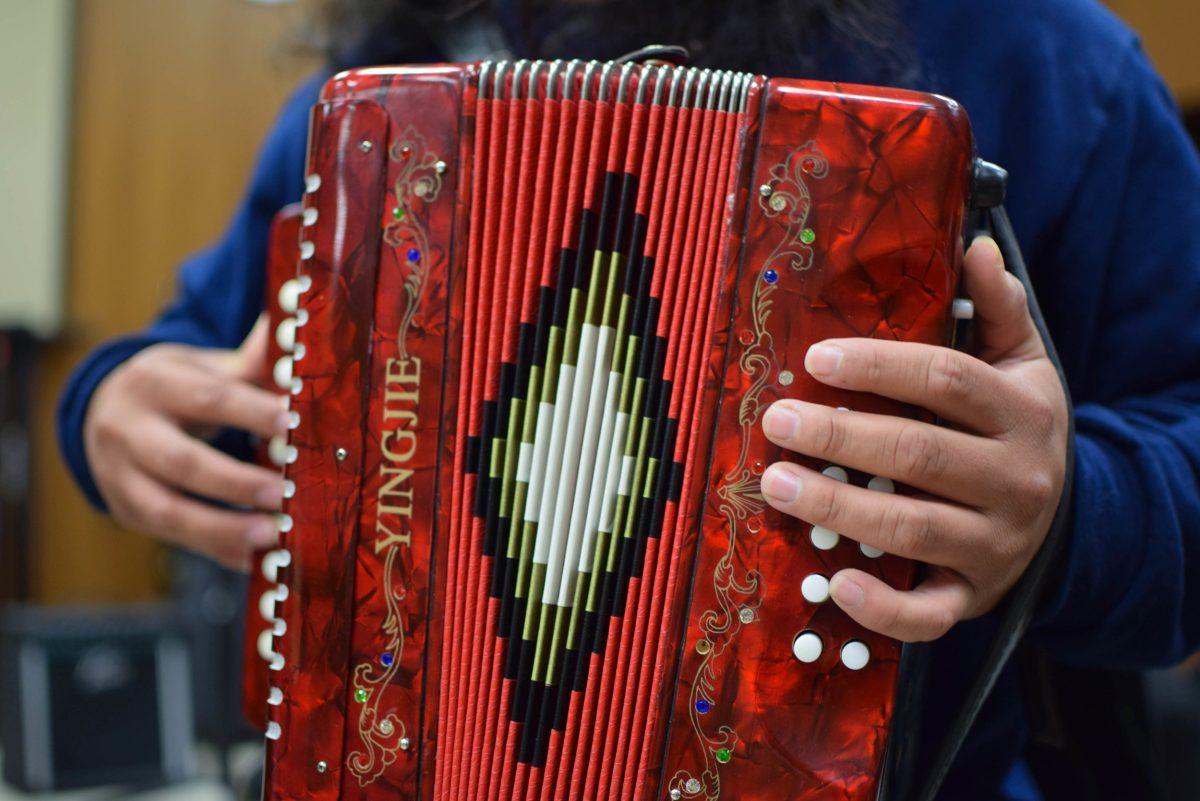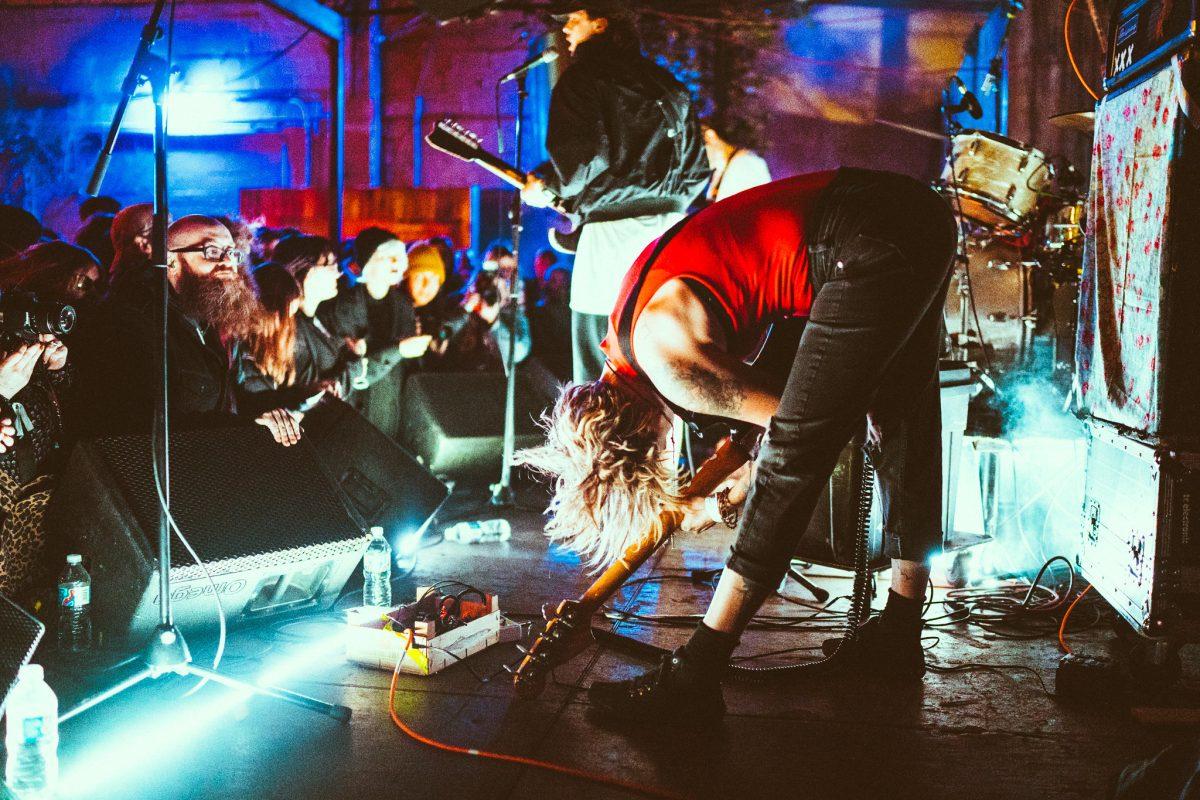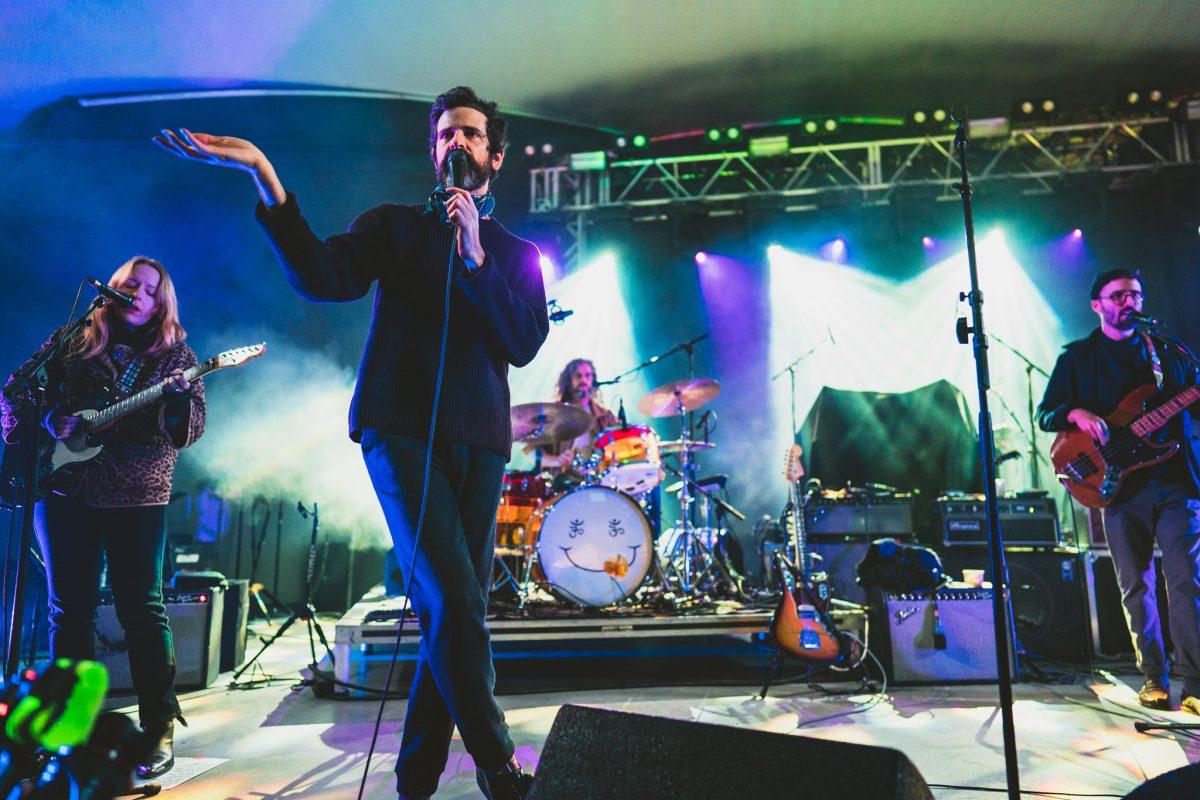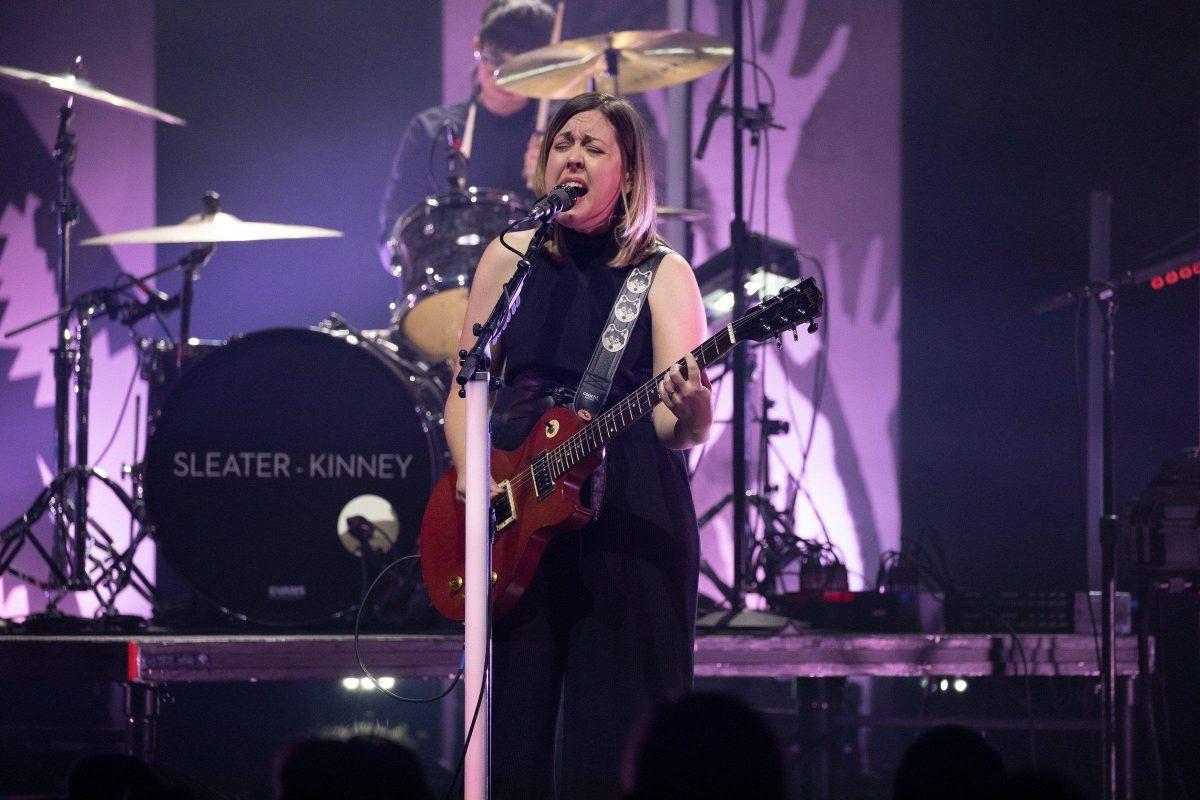Although seriously underrepresented, women have been making waves in rap since its inception.
Story by Kennedy Williams
Society puts women at the margins. Rap is no different, as women do not always get the spotlight they deserve. The sonic and cultural impact of artists such as Missy Elliott, Lil Kim, Lauryn Hill and Eve are still felt today. Cardi B’s anthem “Bodak Yellow” recently hit number one on the Billboard Hot 100 chart, the only featureless rap song by a women to do so since Lauryn Hill’s “Doo Wop (That Thing),” released in 1998.
People often refer to women who rap as “female rappers,” but that moniker results in focusing on gender and not skill. Society labels women who rap as “female rappers” instead of just “rappers,” distinguishing from their male counterparts and holding them to separate standards. These artists are judged by their appearance rather than their lyrical capabilities. Women rappers are rappers who just happen to be women.
The women on this list expand the definition of what it means to be a woman who raps, ultimately making room for more varied representations of women and rappers. Get hip to these lyrical ladies with this playlist.
Princess Nokia
Photo courtesy of Teen Vogue
This Harlem-based Nuyorican rapper is a self-described urban feminist, bruja and tomboy. As Princess Nokia embraces every aspect of her identity, her music becomes a safe haven for those on their personal journey to self-acceptance. Her most recent mixtape “1992” was re-released as “1992 Deluxe” earlier this year with eight additional songs.
“1992” is a love letter to her native New York City, equally beautiful, gritty and eye-opening. The legacy of New York is palpable on tracks such as “ABCs of New York” and “Green Line,” an ode to the 4, 5 and 6 trains that connect Brooklyn, Manhattan, Harlem and the Bronx.
Afrocentrism and Yoruba spirituality are central themes of her music and identity. However, Princess Nokia doesn’t always explore such deep, intimate subject matter. On tracks like “G.O.A.T” she adapts the abbreviation, rapping “I ain’t the best but damn I’m the best, you might get hexed or you might get checked, so don’t disrespect or it will be hands to the neck.” Other times, she redefines the word “bitch” to be more inclusive and a title that women shouldn’t shy away from. Listen to Princess Nokia when you want to connect to the spirit of New York from the comfort of your own home.
Lady Leshurr
Photo courtesy of Magzter
Grime has garnered a greater American audience thanks to artists such as Skepta, Stormzy, Giggs and Krept and Konan. Lady Leshurr provides a much-needed feminine energy and perspective to the genre with swift, witty rhymes. Banter is her specialty as her ongoing “Queen Speech” freestyle series showcases dexterous rhymes, hashtag rap flow and UK slang. Lady Leshurr cites Busta Rhymes, Eminem and Missy Elliot as sources of inspiration, so her succinct rhyme style is much expected. Lady Leshurr raps with a confident coolness that makes her nimble raps even more impactful.
Noname
Photo courtesy of Genius
Noname has found the perfect balance between poetry and rap. The Chicago native gained notoriety thanks to an appearance on “Lost,” a track with fellow Chicagoan Chance the Rapper in his mixtape “Acid Rap.” Noname dropped her debut project “Telephone” in 2016. The album is a somber meditation on black joy, death and identity. Her poignant rhymes tell stories of black femininity and are the perfect counterpart to tales of Chicago penned by Chance the Rapper or Vic Mensa. “Telephone,” with its airy, jazz-rap soundscapes, positions Noname as a powerful storyteller, inviting listeners in as she recounts beautiful, familiar stories of childhood.
Kari Faux
Photo courtesy of Oxosi
Kari Faux is colorful. Her raps are vibrant and clever, her southern drawl makes them endearing. Vocally, Kari Faux is similar to Southern rappers Gangsta Boo of Three 6 Mafia and La Chat. Like the best southern hip hop, this St. Louis native’s music is equally catchy and bass heavy. Classic cuts like “No Small Talk,” which Childish Gambino remixed on his STN MTN mixtape, feature lyrical gems like “three cell phones, and I still don’t ever text him, catch me out in public, yeah you know I’m flexing.” Dive into the albums “Laugh Now, Die Later,” “Lost En Los Angeles” and “Primary” for a heavy dose of Kari Faux’s conversational rap.
Little Simz
Photo courtesy of Rolling Stone
Although she is only a few years into her twenties, Little Simz has already been on “Forbes 30 Under 30.” The Fader called her “badder than your whole clique.” This British rapper has already opened for notable acts like Lauryn Hill, The Gorillas and Anderson .Paak. Little Simz’ work is heavy on atmosphere and wordplay. On her latest album “Stillness In Wonderland,” Little Simz travels down a rabbit hole and draws on imagination and escapism. She tells stories about growing up, love and navigating the current socio-political climate. Little Simz can only go up from here.































